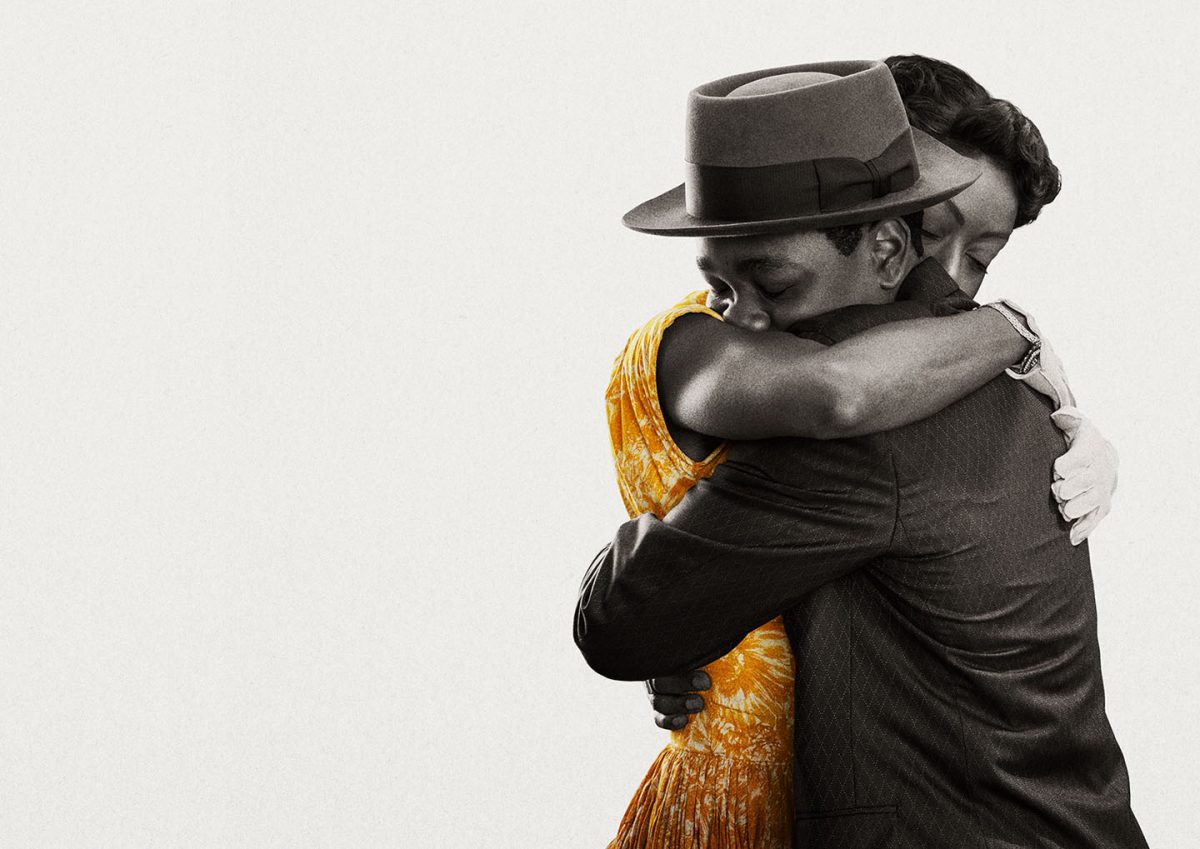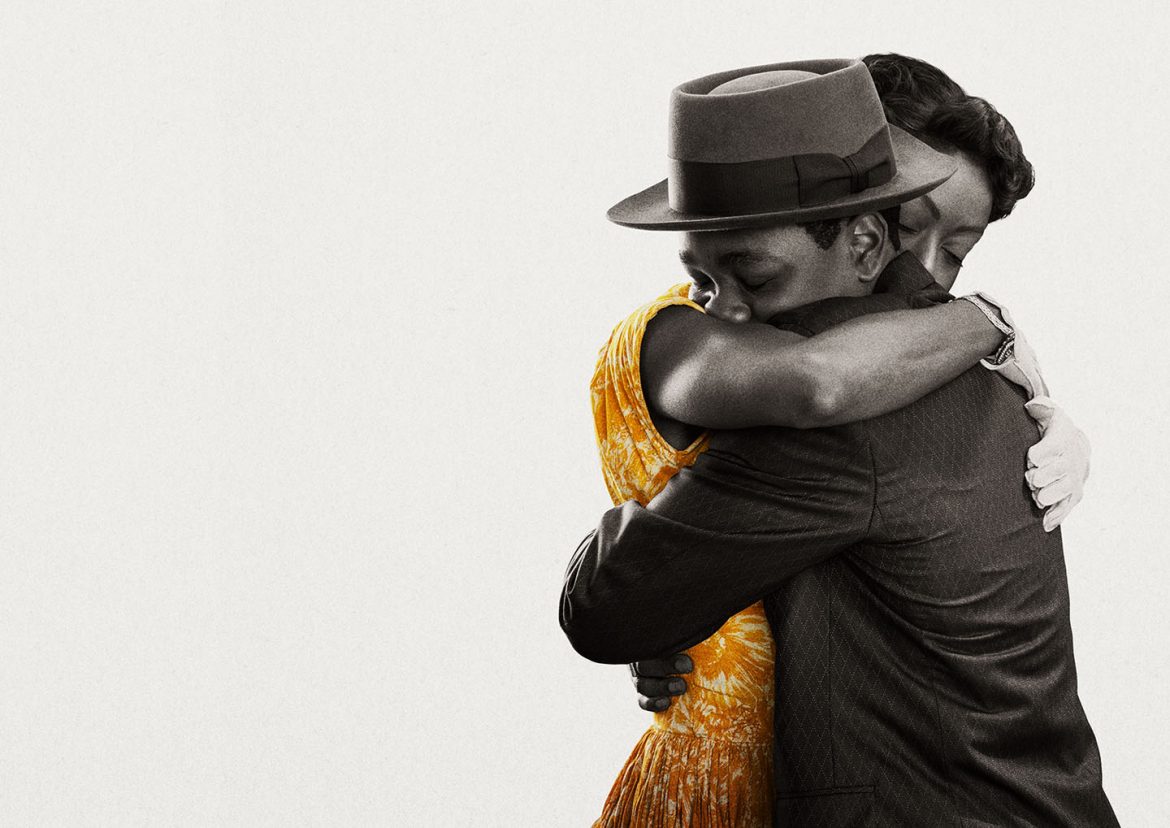
Till is based on the true story of a 14- year old black boy, Emmett Till, who was brutally lynched in 1955 while visiting his cousins in Mississippi.
The film is based on the murder of Emmett. We watch from the perspective of his mother Mamie Till as she fights for justice for her son including her insisting on an open casket for his funeral, showing the brutality he went through.
From the outset of the film, there is a sense of dread looming. The opening scene pictures son and mother, played by Danielle Deadwyler and Jalyn Hall (Mamie Till and Emmett Till) driving through Chicago as they sing together. The camera then focusses on Mamie with a sense of turmoil portrayed on her face.
Quickly into the movie, it is revealed that Emmett is to travel to Mississippi to visit cousins, a trip his mother is wary of as she tells him to “be small down there”. She warns her son of the difference between Chicago and the segregated South, but the happy-go-lucky boy assures her he will be fine.
It isn’t long after Emmett arrives in Mississippi that the incident that leads to his lynching occurs. He innocently whistles at a white woman working in a shop, not knowing the consequences he would face in the extremely racist South.
Although the film doesn’t show the horrors Emmett went through, the fear shown from his cousins and uncle the night he is kidnapped, and the horrifying screams we hear coming from the shed of the men that took him, are enough to leave the audience in a state of sadness and shock.
The film, directed by Chinonye Chukwu and dedicated to the life and legacy of Mamie-Till Mobley, centres itself around the mother. She has to face the news of her son’s death, identify his unrecognisable body, make the decision to have an open casket and go to court in Mississippi where they find Emmett’s killers not guilty.
Deadwyler delivers a flawless performance in portraying a heartbroken mother but also one who is determined to fight.
It is a heartbreaking watch but also a powerful, important and needed one.
With features from actor and also co-producer of the movie, Whoopi Goldberg playing Alma and Frankie Faison among others, it was a production of black solidarity and beauty despite the unimaginable incidents that occurred.
Mamie’s ending speech in Harlem, New York is one that will stand out as one of the best.
“Two months ago I had a nice apartment in Chicago. I had a good job. I had a son…The murder of my son has shown me that what happens to any of us, anywhere in the world, had better be the business of us all.”
The ending to the movie, as the credits rolled, stated that the Emmett Till Lynching Act was only passed into US law last year, highlighting that justice was served… but 67 years later.
- Interested in film? Review: Avatar 2 hits $1 billion on the worldwide box office





